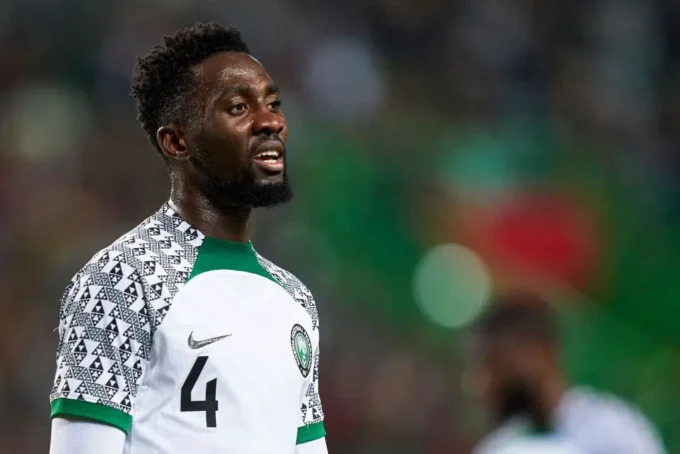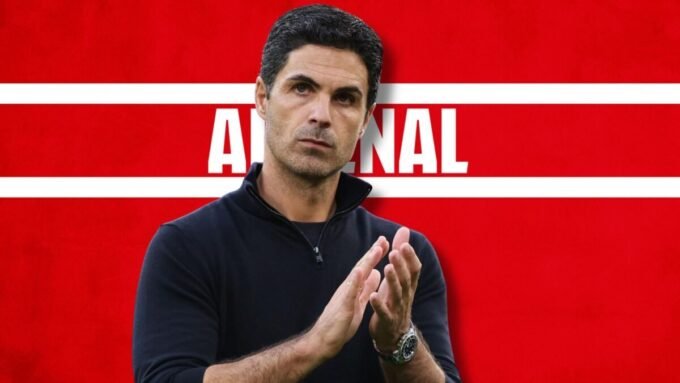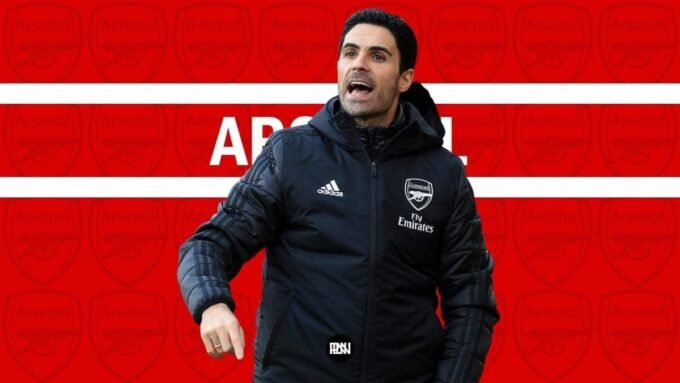Referee Michael Oliver, known for his experience and expertise in officiating high-stakes football matches, has been absent from the Premier League lineup this weekend. This decision comes on the heels of a controversial incident during the FA Cup fifth-round match between Crystal Palace and Millwall, where Oliver’s judgment came under heavy scrutiny.
The Incident That Sparked Outrage for Michael Oliver
During the tense match held recently, a critical moment unfolded when Crystal Palace striker Jean-Philippe Mateta suffered a severe head injury. The troublesome play occurred when he was struck in the head by Millwall goalkeeper Liam Roberts. While such situations are always delicate, the response from Oliver was one that left fans, players, and commentators alike perplexed.
Initially, Oliver chose not to stop the game despite the visible severity of the injury. Mateta was left facing a potentially dangerous situation, and after he fell to the ground in pain, the situation escalated. It was only after being prompted to review the incident on the VAR (Video Assistant Referee) pitchside monitor that Oliver showed a straight red card to Roberts, raising questions about his ability to make decisive calls in critical moments.
Also read: Leicester City predicted lineup vs Manchester United Who Will Win ?
The aftermath was alarming, as Mateta required extensive medical attention, being stretchered off the field after receiving lengthy treatment for his injury. Later reports indicated that Mateta suffered a significant laceration to his left ear, necessitating 25 stitches at St George’s Hospital. Such physical trauma prompts a much-needed conversation about the safety of players on the pitch and the responsibilities that referees hold in safeguarding them.
Criticism Surrounds Michael Oliver’s Decisions
The fallout from this incident has been swift. Keith Hackett, a former Premier League referee and the head of the Professional Game Match Officials Limited (PGMOL), publicly criticized Oliver’s actions. Hackett didn’t hold back in voicing his disappointment, stating, “What an appalling challenge, and I have to ask the question—why did one of the world’s top referees fail to immediately show a red card? It is, frankly, an absolute no-brainer.”
Such strong words from Hackett underscore the expectations placed upon officials in England’s top football league. Referees, especially those with a long tenure and significant experience like Oliver, are expected to demonstrate quick and sound judgment in high-pressure situations. When a player’s health is compromised, as seen with Mateta, the onus is on referees to act swiftly to prevent further injury.
The fallout from this incident has not only affected Oliver’s immediate officiating schedule—his absence from the Premier League fixtures this weekend is a direct consequence of the scrutiny surrounding his decision-making. It raises broader questions about accountability in officiating, especially in a league where the stakes are incredibly high.
The Need for Clarity and Communication
This incident also accentuates the ongoing discourse regarding VAR technology in football. While the system was designed to aid referees in making the correct calls, its implementation in real-time game situations can be inconsistent. The objective of VAR is to ensure justice on the field, but moments like these shed light on potential flaws in its use, particularly how referees interpret these reviews. Players, coaches, and fans alike are left wanting clearer communication from officials about decisions made, especially in crucial moments impacting the game.
Also read: Tottenham Hotspur Welcomes Kevin Danso: A Strategic Move Amidst Defensive Woes
As discussions continue regarding the relationship between human officiating and technological aid, it’s essential for the footballing community to work collaboratively to enhance the justice delivered in matches. The need for effective and reliable adjudication is paramount in maintaining the integrity of the sport. For now, Michael Oliver’s temporary suspension speaks to the league’s commitment to accountability and improvement in refereeing standards.
In the fast-paced world of football, where every decision can change the course of the game, clarity, promptness, and authority in officiating must remain at the forefront. As this story unfolds, all eyes will be on how the Premier League and its referees adapt moving forward.







































Leave a comment